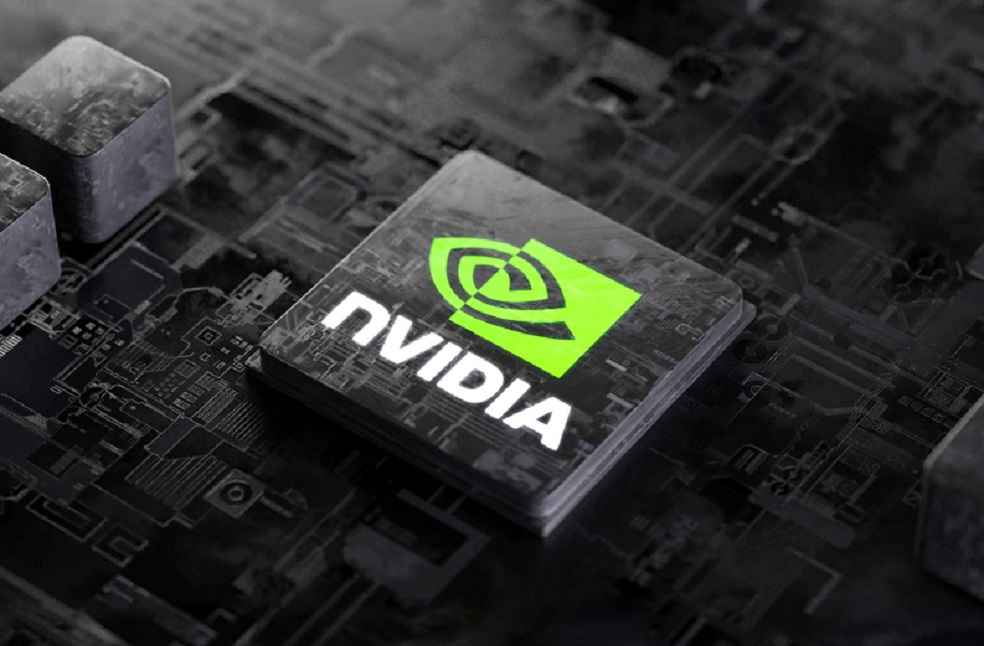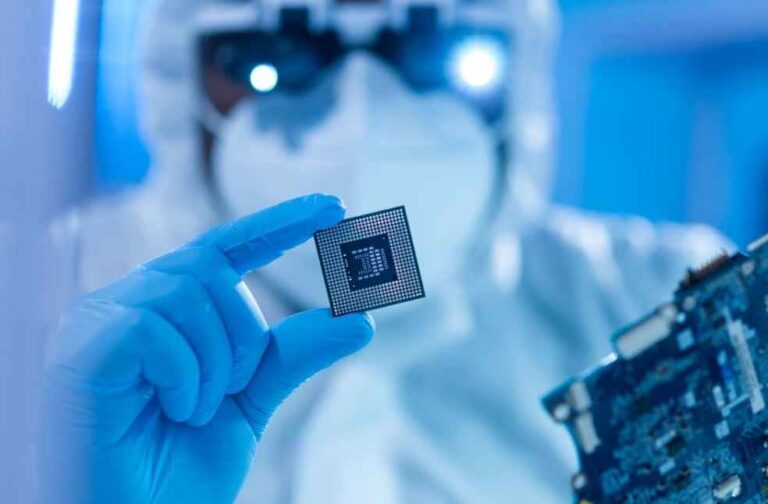Taiwan expects limited effects from potential tariffs imposed by the incoming U.S. administration of President-elect Donald Trump on semiconductor exports, citing the technological superiority of its chip industry, Economy Minister Kuo Jyh-huei stated on January 10.
As the home of Taiwan Semiconductor Manufacturing, the world’s largest contract chipmaker, Taiwan plays a crucial role in the global technology supply chain, supporting major corporations such as Apple and Nvidia. Despite this, Taiwanese officials have expressed concerns that broad U.S. tariffs could slow economic growth for the export-reliant island.

President-elect Trump has proposed a 10% tariff on all global imports to the U.S. and significantly higher rates, including 60% on Chinese goods. He also pledged a 25% tariff on imports from Canada and Mexico, which would take effect following his inauguration on January 20.
When asked about the potential impact of these tariffs on Taiwan’s chip exports, Minister Kuo downplayed the risk. “For our semiconductors and advanced processes, there is an advantage of technological leadership and that cannot be replaced, and so the impact will be small,” he said during a news conference.

Taiwan is also preparing to support businesses in adapting to the evolving trade landscape. Kuo announced plans to assist companies in relocating supply chains to the U.S. to mitigate the effects of high import tariffs. Additionally, Taiwan will establish an office in Japan in the first half of the year to promote Taiwanese investment and collaboration with Japan in emerging fields such as artificial intelligence and drone technology.
POLICY & LAW | Trump’s Universal Tariffs Could Disrupt Agriculture and Pork Industry



